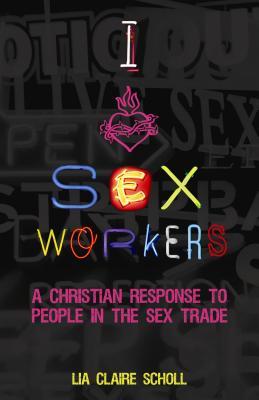This post was removed at the author’s request.
Category: Books
Activist Spotlight: Melissa Ditmore on Responsible Advocacy and No-BS Research
Dr. Melissa Ditmore is one of the sex workers’ rights movement’s most cherished academics. For twelve years, she has worked as a freelance research consultant, with an impressive list of clients that includes AIDS Fonds Netherland, UNAIDS, The Sex Workers’ Rights Project at the Urban Justice Center, and The Global Network of Sex Work Projects (NSWP).… Continue reading Activist Spotlight: Melissa Ditmore on Responsible Advocacy and No-BS Research
Interview: Lindsey Kugler On HERE.
HERE. is Lindsay Kugler’s “mini-memoir,” covering a year in her early twenties living in Austin, being in a codependent relationship, and working on My Free Cams. She also worked as a social worker and writes about dealing with clients from both worlds in a style that reads like poetry, with negative spaces that leave you… Continue reading Interview: Lindsey Kugler On HERE.
Bob Kolker on Lost Girls (2013)
The search for the supposed Long Island Serial Killer began in December 2010, when the bodies of four women who had worked as prostitutes were found in the course of the search for a fifth who had disappeared that May. No suspect has been found to date. I spoke with New York contributing editor Robert… Continue reading Bob Kolker on Lost Girls (2013)
what purpose did i serve in your life (2013)
Prior to the publication of her debut novel, Marie Calloway was best known for the stories “Adrien Brody” and “Jeremy Lin.” There’s been a lot of commentary on the sexual themes in Calloway’s text, but no discussion by sex workers of Calloway’s treatment of her month escorting in London. Charlotte Shane and Caty Simon rushed… Continue reading what purpose did i serve in your life (2013)

